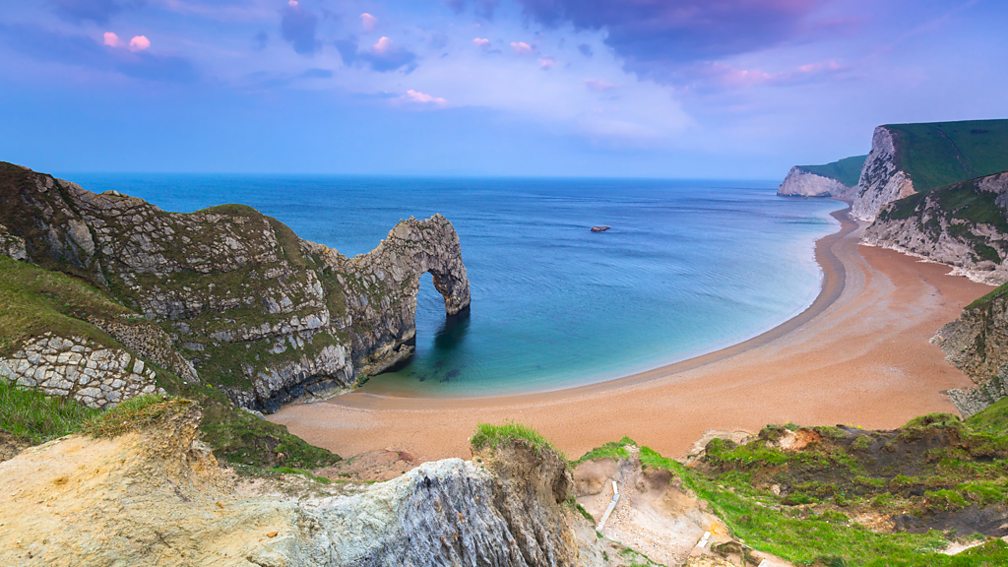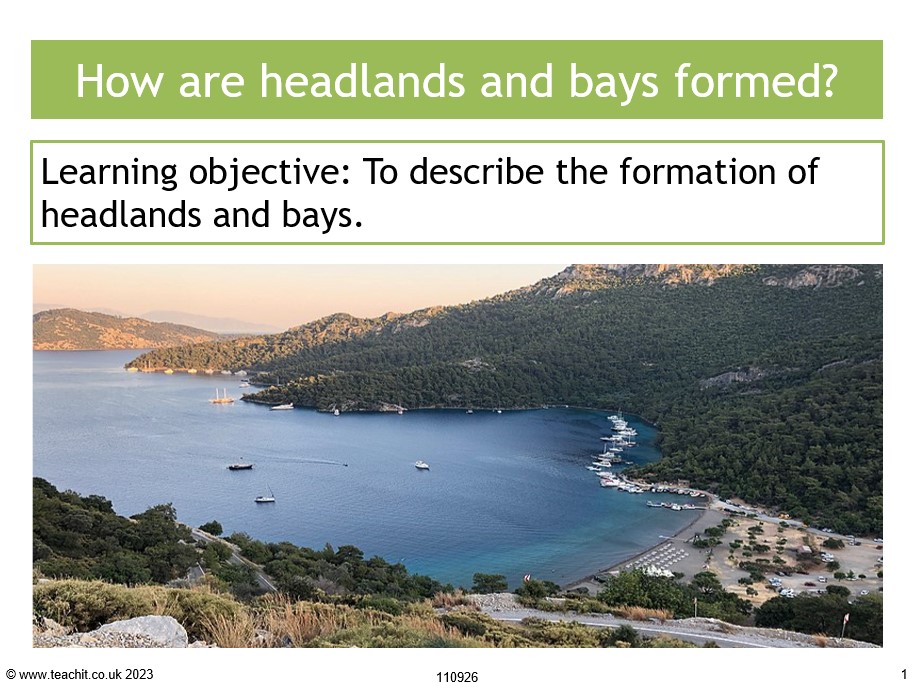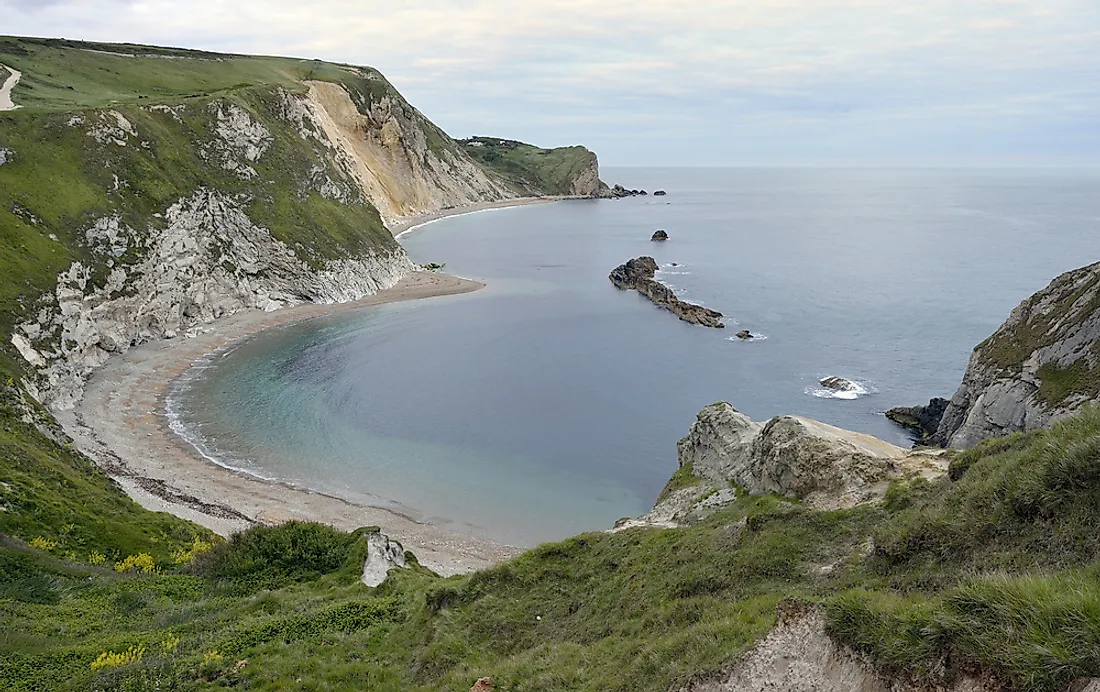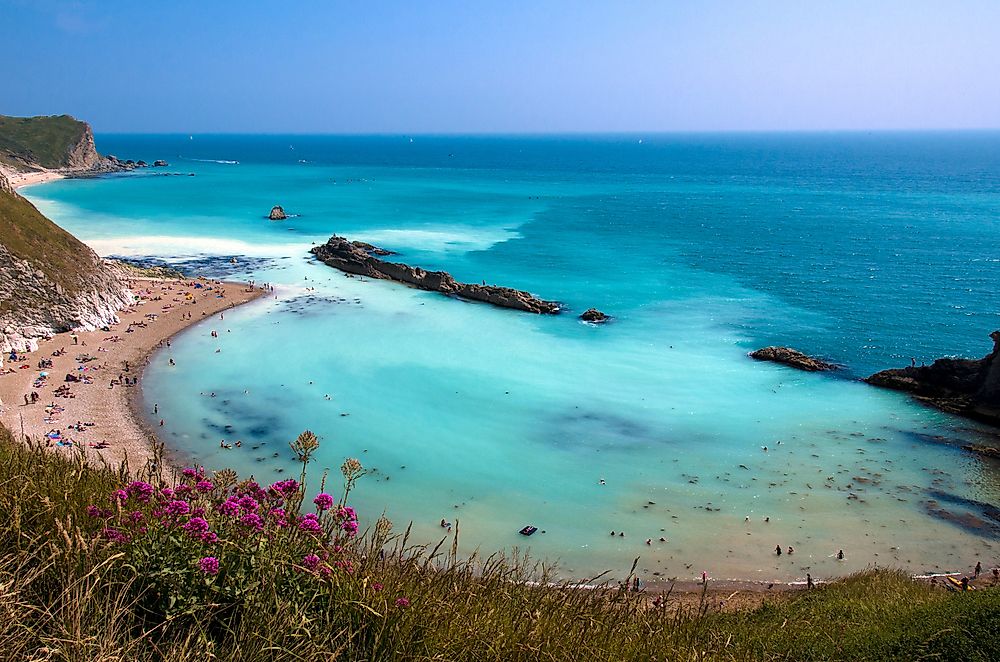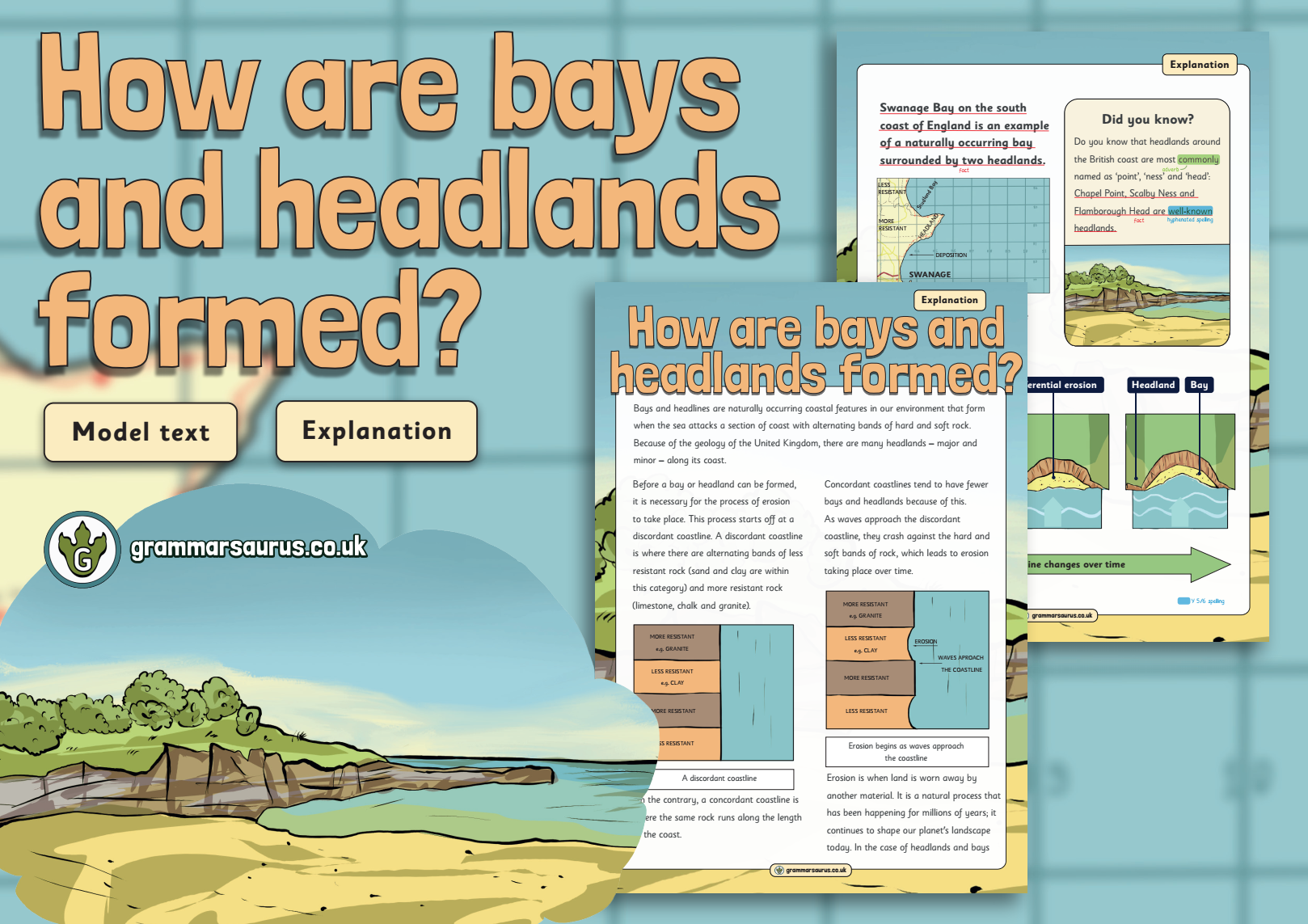How Are Bays Formed
How Are Bays Formed - Bays are bodies of water partially surrounded by land, and they are typically less enclosed and smaller than a gulf. Discover the importance of these coastal. The areas where the soft rock has eroded away, next to the headland, are called bays. Sandy beaches are often found the sheltered bays. Learn how headlands and bays are formed by the erosion of different types of rocks over time.
Discover the importance of these coastal. Sandy beaches are often found the sheltered bays. Learn how headlands and bays are formed by the erosion of different types of rocks over time. The areas where the soft rock has eroded away, next to the headland, are called bays. Bays are bodies of water partially surrounded by land, and they are typically less enclosed and smaller than a gulf.
Learn how headlands and bays are formed by the erosion of different types of rocks over time. Discover the importance of these coastal. Bays are bodies of water partially surrounded by land, and they are typically less enclosed and smaller than a gulf. Sandy beaches are often found the sheltered bays. The areas where the soft rock has eroded away, next to the headland, are called bays.
Coastal landforms CCEA Revision 3 GCSE Geography BBC Bitesize
Learn how headlands and bays are formed by the erosion of different types of rocks over time. Bays are bodies of water partially surrounded by land, and they are typically less enclosed and smaller than a gulf. Discover the importance of these coastal. The areas where the soft rock has eroded away, next to the headland, are called bays. Sandy.
Bays and Headlands Geography
Discover the importance of these coastal. Sandy beaches are often found the sheltered bays. Bays are bodies of water partially surrounded by land, and they are typically less enclosed and smaller than a gulf. Learn how headlands and bays are formed by the erosion of different types of rocks over time. The areas where the soft rock has eroded away,.
How are bays formed?. Picture by Iswanto Arif from… by Akrit Ghimire
The areas where the soft rock has eroded away, next to the headland, are called bays. Bays are bodies of water partially surrounded by land, and they are typically less enclosed and smaller than a gulf. Learn how headlands and bays are formed by the erosion of different types of rocks over time. Discover the importance of these coastal. Sandy.
How are headlands and bays formed KS34 geography Teachit
Bays are bodies of water partially surrounded by land, and they are typically less enclosed and smaller than a gulf. Learn how headlands and bays are formed by the erosion of different types of rocks over time. Discover the importance of these coastal. The areas where the soft rock has eroded away, next to the headland, are called bays. Sandy.
Bays formed by wave erosion along faults are called 'Geos' in the
Bays are bodies of water partially surrounded by land, and they are typically less enclosed and smaller than a gulf. Sandy beaches are often found the sheltered bays. Learn how headlands and bays are formed by the erosion of different types of rocks over time. The areas where the soft rock has eroded away, next to the headland, are called.
What Are Headlands And Bays? WorldAtlas
Bays are bodies of water partially surrounded by land, and they are typically less enclosed and smaller than a gulf. Sandy beaches are often found the sheltered bays. Discover the importance of these coastal. The areas where the soft rock has eroded away, next to the headland, are called bays. Learn how headlands and bays are formed by the erosion.
How Headlands & Bays are formed on Discordant Coasts labelled diagram
Discover the importance of these coastal. Bays are bodies of water partially surrounded by land, and they are typically less enclosed and smaller than a gulf. Sandy beaches are often found the sheltered bays. The areas where the soft rock has eroded away, next to the headland, are called bays. Learn how headlands and bays are formed by the erosion.
How a Bay is formed YouTube
The areas where the soft rock has eroded away, next to the headland, are called bays. Bays are bodies of water partially surrounded by land, and they are typically less enclosed and smaller than a gulf. Sandy beaches are often found the sheltered bays. Discover the importance of these coastal. Learn how headlands and bays are formed by the erosion.
What Is The Difference Between A Bay, Gulf, Cove, and Fjord? WorldAtlas
Bays are bodies of water partially surrounded by land, and they are typically less enclosed and smaller than a gulf. Sandy beaches are often found the sheltered bays. The areas where the soft rock has eroded away, next to the headland, are called bays. Discover the importance of these coastal. Learn how headlands and bays are formed by the erosion.
Year 5 Model Text Explanation How are bays and headlands formed
Bays are bodies of water partially surrounded by land, and they are typically less enclosed and smaller than a gulf. Sandy beaches are often found the sheltered bays. The areas where the soft rock has eroded away, next to the headland, are called bays. Discover the importance of these coastal. Learn how headlands and bays are formed by the erosion.
The Areas Where The Soft Rock Has Eroded Away, Next To The Headland, Are Called Bays.
Learn how headlands and bays are formed by the erosion of different types of rocks over time. Bays are bodies of water partially surrounded by land, and they are typically less enclosed and smaller than a gulf. Sandy beaches are often found the sheltered bays. Discover the importance of these coastal.
